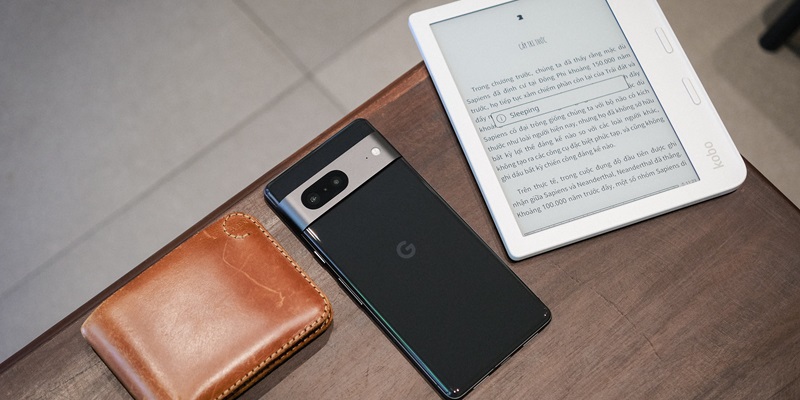Google is set to revolutionize the mobile AI assistant landscape with the development of a Pixel-exclusive AI assistant called Pixie. With advanced functionalities and seamless integration across Google products, Pixie aims to redefine personalized assistance for users. This article delves into the capabilities of Pixie, its potential power source, expansion plans, compatibility, and the upcoming Pixel 9 series.
Pixie’s Functions and Capabilities
Pixie promises to provide an enhanced user experience by performing all the functions of the current Google Assistant and more. By seamlessly integrating data from various Google products and services, including Gmail and Maps, Pixie will offer highly tailored and personalized assistance. Whether it’s retrieving information, managing tasks, or providing directions, Pixie will go above and beyond to fulfill users’ needs. Moreover, Pixie is rumored to possess sophisticated multimodal abilities, such as directing users to the nearest store based on photographs taken of desired products.
Powering Pixie
Gemini Nano – Pixie’s anticipated powerhouse is the Gemini Nano, an advanced AI processing unit. With its cutting-edge capabilities, the Gemini Nano is expected to deliver lightning-fast responses and efficient data processing, ensuring Pixie operates seamlessly across all compatible devices.
Expansion Plans
Google has outlined its vision to expand Pixie beyond the upcoming Pixel 9 series. This means that lower-end Pixel phones and various other devices like wearables could soon benefit from Pixie’s intelligent assistance. By broadening its availability, Google aims to enhance user experiences across the entire Google ecosystem.
Availability and Compatibility
While there is considerable excitement surrounding Pixie, it remains unclear whether this AI assistant will be available for existing smartphones or exclusively tied to future Google products. Whether Pixie will be accessible to all remains a question mark, leaving users eagerly awaiting further updates from Google.
Pixel 9 Series: Tensor G4 SoCs
The Pixel 9 phones, anticipated to be released in the coming months, are expected to be powered by the advanced Tensor G4 SoCs. These processors, codenamed ‘Zuma Pro,’ will be specially designed to optimize Pixel’s capabilities, ensuring a seamless and efficient user experience.
Qi2 Wireless Charging
The Pixel 9 series aims to stay ahead technologically by being one of the first Android phones to adopt Qi 2 wireless charging technology. This upgrade in wireless charging standards will provide users with faster and more reliable charging capabilities.
Google’s forthcoming Pixie AI assistant holds great promise for enhancing the overall user experience for Pixel users. With its advanced functionalities, seamless integration across Google products, and potential expansion to various devices, Pixie is paving the way for a new era of intelligent assistance. Although details regarding availability and compatibility remain uncertain, the forthcoming Pixel 9 series, powered by Tensor G4 SoCs and featuring Qi2 wireless charging, is set to offer users an exceptional blend of advanced technology. As we await the official launch of the Pixel 9 series, the anticipation surrounding Pixie continues to grow, leaving users eagerly waiting to harness the full potential of this game-changing AI assistant.

